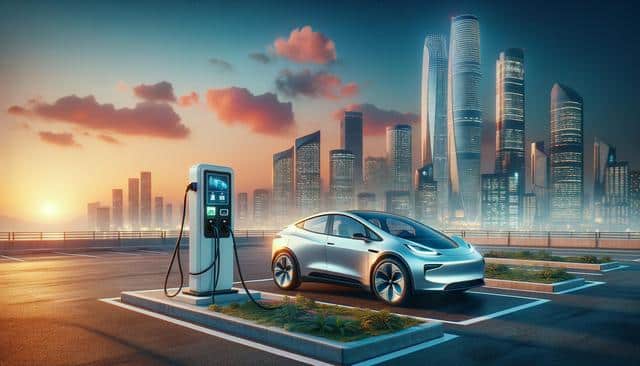
Why more and more retirees are choosing affordable electric cars
Changing Priorities in Retirement
As individuals transition into retirement, their lifestyle and transportation needs often shift. Many retirees are seeking to simplify their lives, reduce expenses, and make choices that align with long-term sustainability. Affordable electric cars are gaining popularity among this demographic not only for their cost-effectiveness but also for the low maintenance they require. Without the complex internal combustion engines found in traditional vehicles, electric cars offer a smoother and less demanding ownership experience. For retirees, this translates to fewer trips to the mechanic and reduced long-term vehicle upkeep.
Additionally, many retirees are more conscious of their environmental impact. The transportation sector is a significant contributor to emissions, and switching to an electric vehicle is one way to reduce one’s carbon footprint. The quiet, smooth ride of an electric car also appeals to those seeking comfort and calm in their daily routines. With many models offering user-friendly features and straightforward driving technology, electric cars are accessible even for those who may not be tech-savvy.
Cost Efficiency and Financial Benefits
Affordability is a major factor in the growing interest retirees are showing in electric vehicles. Many electric cars are competitively priced, and various incentives and tax credits can help reduce the upfront cost. For fixed-income retirees, this financial relief can be substantial. Moreover, electric cars typically have lower operating costs due to:
- Reduced fuel expenses – electricity is often cheaper than gasoline
- Lower maintenance needs – no oil changes or exhaust system repairs
- Potential local incentives such as free parking or reduced tolls
These financial advantages can make a strong case for choosing an electric vehicle. Over time, the savings can add up, allowing retirees to allocate their budget toward other important areas, such as travel, hobbies, or healthcare. Predictable monthly energy costs instead of fluctuating fuel prices also contribute to better financial planning, which is essential for those living on retirement savings.
Ease of Use and Accessibility
Modern electric cars are designed with ease of use in mind, which is particularly appealing to older drivers. Many models feature intuitive controls, simplified driving systems, and advanced driver-assistance technologies. These features enhance safety and convenience, which are key considerations for retirees. For example, regenerative braking systems help reduce wear on brakes while extending driving range, and voice-activated controls minimize the need to fumble with buttons or screens while driving.
Electric vehicles also tend to be more compact, making them easier to park and maneuver in urban or suburban environments. For retirees living in retirement communities or downsizing to smaller homes, a compact electric car can be a fitting choice. Some models even offer raised seating positions and wide door openings, improving accessibility and comfort for individuals with limited mobility.
Charging Infrastructure and Range Confidence
One of the earlier concerns about electric cars was the availability of charging infrastructure. However, that landscape has changed significantly. Charging stations are now more common, especially in urban areas and along major travel routes. Many retirees also opt to install home charging units, allowing them to conveniently charge their vehicles overnight. This routine is often preferred over making regular trips to a gas station.
Modern electric cars also come with improved battery ranges, often exceeding 200 miles on a single charge. This is more than sufficient for the typical daily driving needs of retirees, which may include errands, social visits, and healthcare appointments. For longer trips, route planning apps and navigation systems help locate charging stations along the way, reducing range anxiety and making travel simpler and more enjoyable.
Environmental and Social Considerations
Beyond practicality and cost, many retirees are motivated by a desire to leave a positive legacy. Choosing an electric car can be a meaningful way to contribute to environmental preservation. By reducing reliance on fossil fuels and lowering emissions, retirees feel they are doing their part to protect the planet for future generations. This sense of purpose can be especially fulfilling during retirement, a time when many reflect on personal values and long-term impact.
Electric car ownership can also foster new social connections. Many communities and clubs have emerged around electric vehicle owners, offering a sense of camaraderie and opportunities for social engagement. From attending local EV meetups to participating in sustainability workshops, retirees can find a new sense of community around their vehicle choice.
Conclusion: A Smart Move for Modern Retirement
For today’s retirees, affordable electric cars represent more than just a mode of transportation. They align with evolving values of sustainability, simplicity, and financial responsibility. With minimal maintenance, lower operating costs, and user-friendly features, electric cars offer practical benefits tailored to the needs of older adults. As charging infrastructure continues to expand and vehicle options grow, retirees are increasingly finding that going electric is a smart and fulfilling choice for this next stage of life.


